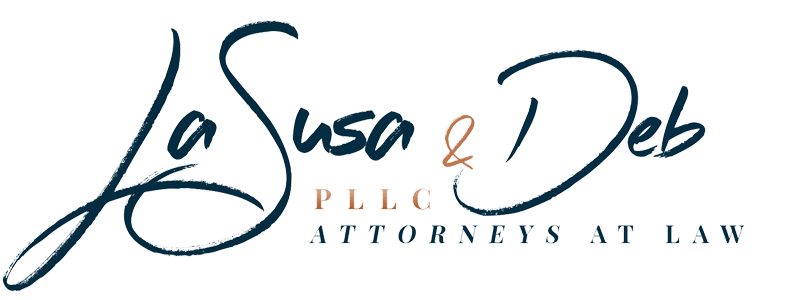The EIDL program is a loan that provides economic relief to small businesses and nonprofit organizations that are currently experiencing a temporary loss of revenue.
The following are the official eligibility criteria for applying for these SBA Disaster Assistance Loans (this information is subject to change Relief and Economic Security (CARES) Act).
Review this list and see if your business is eligible:
- Applicant is a business with not more than 500 employees.
- Applicant is an individual who operates under a sole proprietorship, with or without employees, or as an independent contractor.
- Applicant is a cooperative with not more than 500 employees.
- Applicant is an Employee Stock Ownership Plan (ESOP), as defined in 15 U.S.C. 632, with not more than 500 employees.
- Applicant is a tribal small business concern, as described in 15 U.S.C. 657a(b)(2)(C), with not more than 500 employees.
- Applicant is a business, including an agricultural cooperative, aquaculture enterprise, nursery, or producer cooperative, that is small under SBA Size Standards found at https://www.sba.gov/size-standards.
- Applicant is a business with more than 500 employees that is small under SBA Size Standards found at https://www.sba.gov/size-standards.
- Applicant is a private non-profit organization that is a non-governmental agency or entity that currently has an effective ruling letter from the IRS granting tax exemption under sections 501(c),(d), or (e) of the Internal Revenue Code of 1954, or satisfactory evidence from the State that the non-revenue producing organization or entity is a non-profit one organized or doing business under State law, or a faith-based organization.
Eligibility Checklist
Applicants must review and check all the following.
If Applicant is unable to check all of the following, Applicant is not an Eligible Entity:
- Applicant is not engaged in any illegal activity (as defined by Federal guidelines).
- No principal of the Applicant with a 50 percent or greater ownership interest is more than sixty (60) days delinquent on child support obligations.
- Applicant is not an agricultural enterprise (e.g., farm), other than an aquaculture enterprise, agricultural cooperative, or nursery.
- Applicant does not present live performances of a prurient sexual nature or derive directly or indirectly more than de minimis gross revenue through the sale of products or services, or the presentation of any depictions or displays, of a prurient sexual nature.
- Applicant does not derive more than one-third of gross annual revenue from legal gambling activities.
- Applicant is not in the business of lobbying.
- Applicant cannot be a state, local, or municipal government entity and cannot be a member of Congress.

